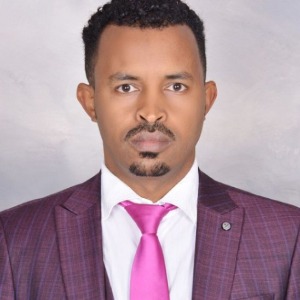Title : “Space to see the future”? A political economy analysis of child and adolescent mental health and well-being in Ethiopia including routes for change
Abstract:
Statement of the Problem: Ethiopia faces significant mental health challenges; mental disorders are the leading non-communicable condition, and many adults experience symptoms by age 14–15. We examined structural, institutional, and agentic factors affecting child and adolescent mental well-being in Ethiopia. The aims were to describe the political, economic, social and policy contexts in which mental well-being exists; analyzing power, interests, and the influence and resources key stakeholders bring to bear on decision-making processes related to child and adolescent well-being. We used a Political Economy Analysis framework to identify structural and institutional features, networks of influence, and routes for change. Using this lens, a literature review was performed, supplemented with key informant interviews (n?=?9). Multiple structural drivers of mental health problems were identified: globalized urbanization and social fragmentation, and political and economic systems characterized by economic ambition but entrenched poverty, aid dependency, conflict and civil war. Despite significant policy recognition and support, there was poor coordination between federal and regional structures and sectors, vastly insufficient resources, and low coverage especially in rural areas. Service delivery was further complicated by widespread and normalized violence against children and young people, low knowledge and awareness among children and families, entrenched stigma and gender inequities, and ethnic tensions, conflict and displacement. In Conclusion, the government’s tendency to formulate national programs and strategies is positive, but lack of regional funding and support limit effectiveness. Schools and healthcare environments can play powerful roles supporting mental health, however, experience considerable challenges related to resourcing, and lack space and processes for multisectoral working. There is a pressing need to resource and support implementation and collaboration capabilities of the school community and healthcare sector to promote mental wellbeing and provide culturally engaged services.



